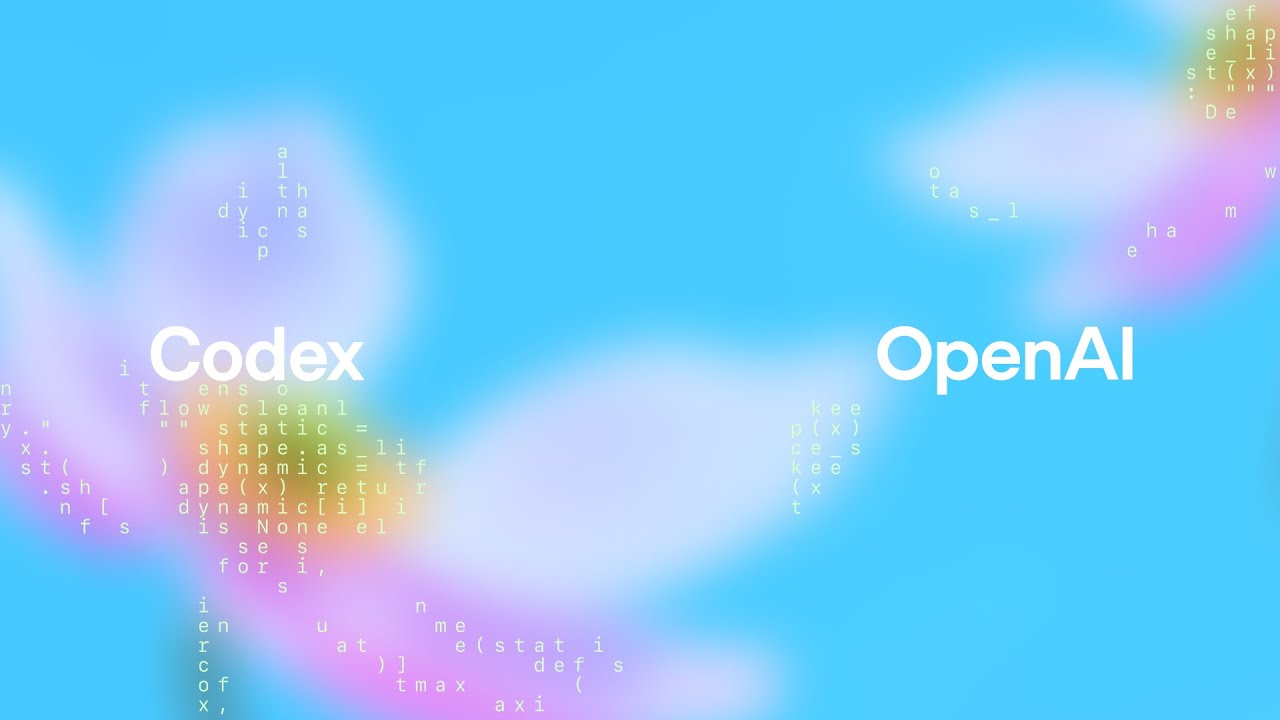The video introduces Codex, an advanced AI system integrated into ChatGPT that enhances software development by automating coding tasks, debugging, and code explanations through flexible local and cloud-based workflows. OpenAI envisions this technology as a collaborative tool that boosts productivity, improves code quality, and makes programming more accessible across individual and team environments.
The video introduces a significant advancement in AI-assisted software engineering through the preview of Codex, a new system designed to revolutionize how code is written, reviewed, and maintained. OpenAI highlights the evolution from their initial model, CodeX, to the latest iteration, Codex One, which is optimized for real-world coding tasks. This new model is integrated into a system that allows for both local and remote operation, enabling developers to leverage AI in a more flexible and powerful manner, including running many tasks in parallel on OpenAI’s cloud infrastructure.
The demonstration showcases how Codex can be used to manage complex coding workflows. It features a remote software agent that can operate on repositories, perform tasks such as explaining code, fixing bugs, and generating proactive suggestions for code improvements. The system can run multiple agents simultaneously, each working on different tasks, and can even delegate tasks to itself, such as fixing variable spelling or adjusting timeouts. The infrastructure supports sandboxed environments, allowing for secure and customizable execution of code, linting, testing, and other development processes.
OpenAI emphasizes the system’s ability to handle complex, real-world coding scenarios. The demo includes fixing bugs in a CLI tool, reproducing issues, and generating code changes with verifiable outputs. The AI models are trained with reinforcement learning to ensure they produce high-quality, style-consistent code that can be reviewed and verified by developers. The system also provides detailed explanations and traceability, making it easier for developers to trust and verify the AI’s work, which is crucial as AI takes on more significant roles in software development.
The team discusses the broader implications of this technology, envisioning a future where AI-powered agents act as co-workers, mentors, and interns that can operate seamlessly across local and cloud environments. They highlight how this infrastructure can scale from individual developers to large teams, dramatically increasing productivity and reducing manual effort. The goal is to enable more software creation, faster iteration, and higher quality code, ultimately making programming more accessible and efficient for everyone.
Finally, OpenAI shares their plans for rolling out Codex to various users, including enterprise teams, educational institutions, and individual developers, with generous rate limits and future pricing models. They emphasize ongoing development, including integrating Codex into other systems like issue trackers and CI pipelines, and combining local and cloud-based tools for a seamless experience. The overarching vision is to create a collaborative AI environment that accelerates software development, making AI an integral part of the programming process and expanding the possibilities of what developers can achieve.
